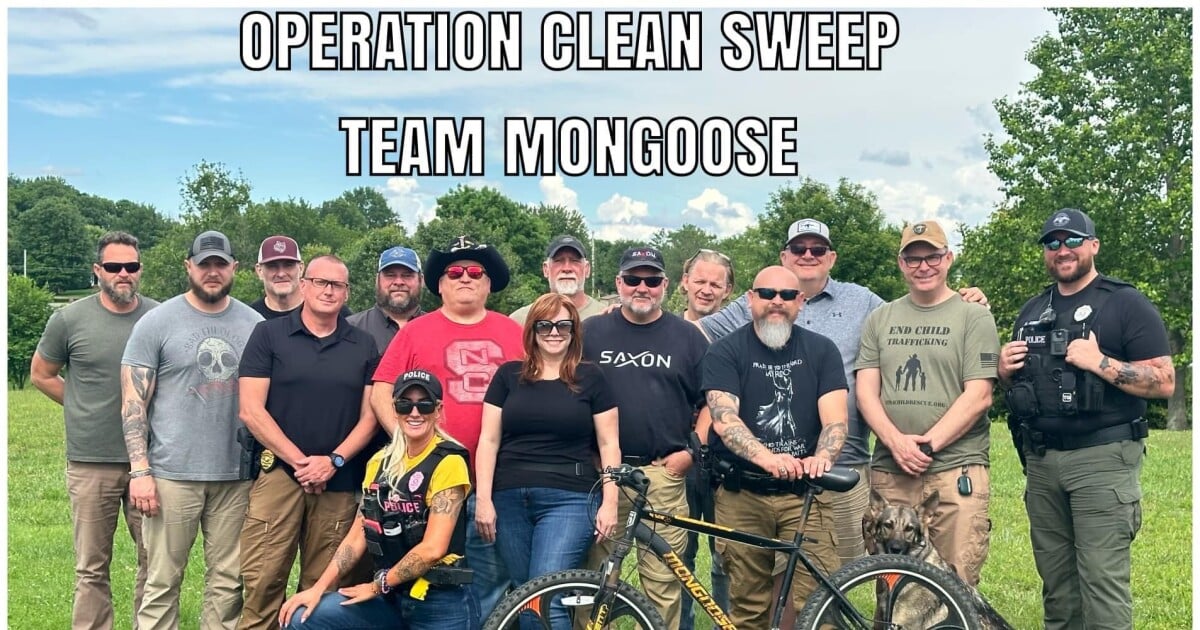That sting was run back in May by Millersville Assistant Police Chief Shawn Taylor and a colorful cast of characters he assembled for the operation.
Among the revelations, the recordings show:
- Taylor did not involve other law enforcement agencies with more experience in such operations because of his unfounded conspiracy theories that prominent state officials are involved in child sex trafficking.
- Members of a private group posed online as minors — despite Millersville police being told by prosecutors that the sting would be legal only if sworn law enforcement officers were the ones doing the work.
- Shawn Taylor told one operative that investigators would be using “pre-signed search warrants,” which would likely be illegal, according to experts.
- Police arrested one suspect then, when he refused to talk to investigators, they turned him over to the private group for questioning.
- A Millersville detective boasted that the suspect was being taken to a jail where it was likely that he might not come out alive.



I’m not 100% sure it’s being used correctly here, but entrapment in general is when a police officer convinces or coerces a person into committing a crime, and then arresting them for that crime. So, if a police office is standing somewhere and you walk up to them and ask to buy drugs, they can arrest you for that. But if they are like “hey man, want to buy some drugs? Come on, it’s only $10. You know what, for you, first time is free. Just take them”, and then you take them, that is entrapment.
The reason entrapment is problematic is because it’s hard to tell if you would have committed a crime, had the officer not pushed you into it. Maybe you were just feeling pressured and wanted the uncomfortable situation to go away, etc.
As for not exposing entrapped people, there is this moral dilemma in general that often gets dramaticized in cop shows and movies, which is that the person we know is guilty gets away on a technicality or procedural issue. And at first blush that looks like a flaw. But actually it’s more like the lesser evil of a bad situation. Because what we don’t want is police using powers that erode the freedoms of the innocent people, like breaking into people’s homes and going through their stuff, or wire tapping, or torture, or whatever. Things we don’t want police to do to innocent people.
If doing these things were “frowned upon”, but we still used the information we gained from it anyway, then it would be a viable police strategy. It’s a cost of doing business, but it gets the job done. Even if a single officer got fired for it, they could choose to matryr themselves to do the bad thing and get the guy. But we don’t want cops doing these things, because anything they do against a person they think might be guilty is something they could be doing to a person that’s actually innocent. So we kinda have to make the rule be that any information, no matter how good, that was gotten in a bad way becomes bad information that we all agree never to use. Because that’s the only way to make sure the police don’t want to do the bad things.
It may let some guilty people go free, when the police screw up, but in theory it protects all of us against an escalating police state.